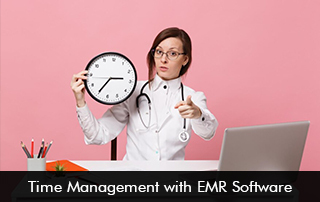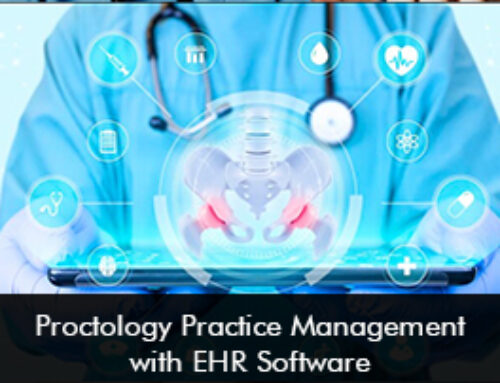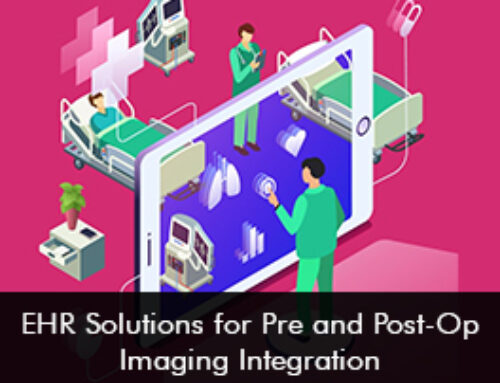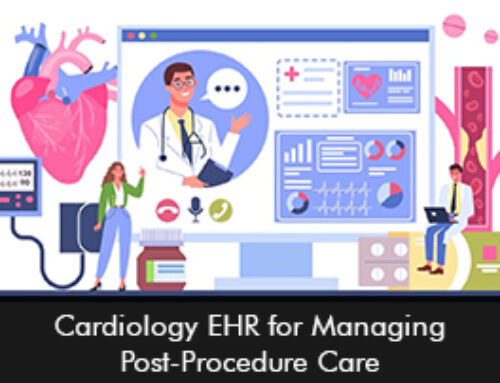In healthcare, it is necessary to learn how to manage time because patient care should take place as soon as possible, at the same time. Accountability for time management is an essential means of fighting burn decision-making and improving the efficiency of healthcare organizations.
Utilizing Electronic Medical Records (EMR) Software can enhance time management. It provides tools necessary for doctors to complete administrative work, patient communication, and financial processes.
Why is Time Management Important for Healthcare Providers?
Healthcare organizations and their staff have countless tasks to manage continuously in clinical and business operations. This can include studying the historical developments of disease signs and symptoms and treatment tendencies, retrospectively documenting treatments offered, and updating bands and patient files.
Lack of time management may lead to delays, some errors in dealing with documentation, or inadequate care for the patients, which is dangerous to the quality of service, and the satisfaction of the patients. Approximately 7 million patients in the United States are harmed by medical mistakes each year.
Furthermore, the healthcare organization is a high-stakes, rapid setting appropriate for chronic burnout as providers crack under the pressure of repetitive and manual job requirements. In general, healthcare workers can devote their hands to clinical affairs with an appropriate amount of time management, reduce stress, and improve their work-life perspectives.
How Does EMR Software Improve Time Management?
Simplified Documentation
EHR Software streamlines documentation through simplified data entry, auto-populated fields, and templates that help minimize documentation time. Record-keeping is even quicker with voice recognition and AI-enabled dictation tools in EMR Systems that enable documentation to be completed in minutes.
Improved Patient Scheduling
Robust patient scheduling modules are present in EMR Software. This makes patient booking easier and reduces double-booking mistakes. They provide real-time visualization of the schedules of the providers for managing patient appointments and reducing wait times.
Immediate Patient Record Access
One of the main advantages of using Electronic Health Records Software is faster retrieval of patient records. Rather than rifling through a few thousand paper files, providers have immediate access to a patient’s medical history, medications, and treatment plans. Enabling them to make informed decisions in real-time.
Swift Communication
Electronic Medical Records Software provides integrated messaging and alerts for seamless communication between healthcare teams, speeding up collaboration and consultations. Providers can securely share patient information with other specialists to save time from going back and forth and provide seamless care coordination.
Moving Ahead
In this fast-paced world, EMR Systems help healthcare professionals use their time better and ultimately, enhance both patient care and provider productivity. EHR software eliminates time-consuming documentation and complicated appointment scheduling while reducing the communication gap between providers. Now care teams can focus on what they do the best: providing timely and high-quality healthcare solutions.







